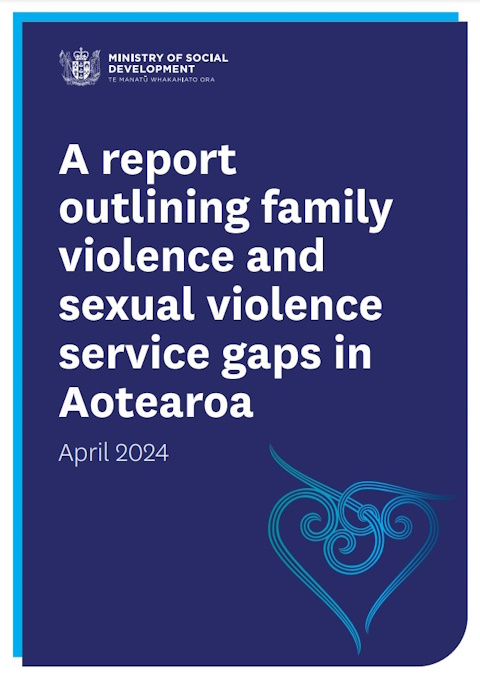Filling in the Gaps
A new report into Family Violence and Sexual Violence (FV/SV) instigated by the Ministry of Social Development makes for grim reading in places for our Pasifika peoples.
 This time last year MSD worked with the community to identify FV/SV service gaps. Here’s a link to our published editorial on this – ‘Request for Feedback’
This time last year MSD worked with the community to identify FV/SV service gaps. Here’s a link to our published editorial on this – ‘Request for Feedback’
The now published Gaps Report has focussed on the areas which have the biggest impact on Tangata whenua and diverse communities, they are;
- FV/SV workforce capability
- The delivery of holistic, whanau centred support
- Sexual violence services
- Accessibility of safe houses and emergency accommodation, and
- Services tailored for tangata whenua and diverse communities
MSD said while the report does not determine how gaps will be addressed, it does set out an understanding of what is missing in FV/SV services and will be a key part of the ongoing work to implement the Te Aorerekura Action Plan which aims to eliminate FV/SV across Aotearoa.
It admits the gaps in the system mean those most at risk - such as Pacific people, Tangata whenua, people with disabilities, LGBTQIA+ communities, ethnic communities and the young and old are especially impacted.
The 32-page report outlines a potential approach to address the problems highlighted during the gathering of information last year and it said the good news was that they would not be starting from zero in addressing service gaps, due to the work already happening in the community in the battle against FV/SV.
But it said all five of the gaps highlighted above are "large and multifaceted” and addressing them will require ''concerted and co-ordinated effort''.
It said trying to address everything at once would stretch the collective resources and capacity of all involved and would make it almost impossible to respond effectively and achieve sustainable change.
With this in mind, the report suggests a phased approach to addressing service gaps.
Phase One - which would focus on increasing the accessibility and effectiveness of existing FV/SV services and responses, and Phase Two - where new services were developed which were tailored specifically for the groups mentioned above.
The plight of Pacific peoples who suffer from FV/SV was highlighted in the report with one of the main areas of need being an increased workforce capability to understand the dynamics of FV/SV in Pacific communities.
It also called for a better understanding of Pacific values and cultural practices and how these may inform views on FV/SV, and it pointed out that Pacific peoples have the lowest median income of everyone in New Zealand as well as issues around immigration status and the fear of deportation.
Among the ideas put forward to help Pacific people were the need for flexible response and availability outside the usual 9-5 office hours, getting information that could help people translated into the different Pacific languages and engaging with community and faith-based leaders as they are relied upon heavily for guidance and intervention in some cases.
LINK TO – Te Puna Aonui | Addressing service gaps in family violence and sexual violence
READ MORE about Te Aorerekura
National Strategy to Eliminate Family Violence and Sexual Violence
How PASEFIKA PROUD fits within TE AOREREKURA the National Strategy to Eliminate Family Violence and Sexual Violence
